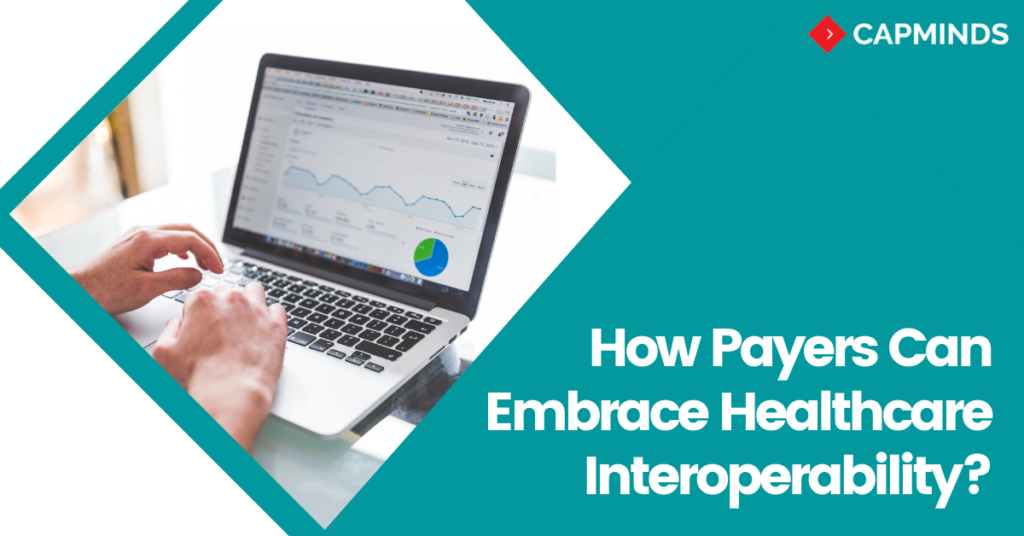How Payers Can Embrace Healthcare Interoperability?
For the past
years, CMS has rushed the industry to take a giant step towards standardizing
healthcare interoperability. Maybe the payers are ready to comply with the new
interoperability rule, but it is a big question whether they are ready to adopt
interoperability for the long term.
CMS
continues to build on its roadmap to improve interoperability and health
information access for patients, providers, and payers. When implemented
effectively, the health information exchange can also reduce the burden of some
administrative issues like prior authorization.
The
regulations are issued in a manner that will drive change in how clinical and
administrative data is exchanged between healthcare providers, payers, and
patients. Also, efficient care coordination is possible by adopting
interoperability.
Some of the
experts shared their thoughts, not only care coordination but also the quality
of care and patient outcomes would improve with increased data sharing. Some
revealed that interoperability can also result in low healthcare spending.

Putting interoperability into action
While there
is a general statement that the widespread adoption of healthcare
interoperability could ease the administrative burden and empower patients to
engage more in their health management, putting this into action may not be
that much easier.
Towards the
goal of standardizing interoperability, payers have already started to comply
with certain data sharing rules effective from July 1, 2021. Here is some of
the expert’s advice on how payers can work towards expanding their
interoperability capabilities long term with various advanced strategies.
Why
interoperability remains the priority for CMS?
The CMS’s
vision on healthcare interoperability is to provide a secure and connected
healthcare environment that allows patients and their providers to access and
utilize the health data to make more informed decisions. These goals of
interoperability can be achieved with the help of key points discussed below.
- Engage patients in their healthcare making that data easily available so that they can be more engaged and remain active in their healthcare.
- Make data more available across the ecosystem – which makes data sharing more easily between plans and plans & providers in a streamlined way. So, everyone engaged in inpatient care can be more effectively coordinate that care.
Payers interoperability with FHIR can improve prior authorization
The case for
payers to advance toward completely electronic and computerized PA measures is
to a limited extent driven by strategy. By more straightforwardly accepting the
FHIR standard, payers can diminish their administrative burden, yet
additionally, make an endeavor resource and single wellspring of truth that
permits them to stay away from expensive point arrangements. Further, develop
NPS scores, and separate themselves in the market by more flawlessly
associating with supplier frameworks.
By making an
interoperable information source that coordinates with their EHRs, payers can
place more data under the control of the two clinicians and patients—prompting
better results.
With further
developed transparency and consistent information sharing, payers can encourage
more noteworthy trust with suppliers, furnish patients with simpler admittance
to data, and establish the frameworks for settling value-based contracts.
As payers and providers change to more
consistent information sharing and more prominent interoperability, patients
will have simpler admittance to their wellbeing data, more noteworthy assurance
about which medication and procedures will be covered by their clinical
arrangement, and a superior, less divided patient experience.
Final
Thoughts
Interoperability
driven by FHIR will help to improve the coordination between payers and
providers necessary for more cost-effective prior authorizations. Recognizing
the true importance of interoperability will help payers to go beyond
compliance and embrace the future of healthcare.
Contact CapMinds today for the best FHIR implementation and support services to improve your clinical workflow!

 Author: Pandi Paramasivan
Author: Pandi Paramasivan


